News
ISEC - ADE project at the 52nd Pan-European Conference on Digital Education
By Boris Petrovski

The ISEC - ADE project was featured at the 52nd Pan-European Conference on Digital Education, held on 25th July 2024. The conference is a free-of-charge monthly event by Erasmus+ courses by Primera, followed by hundreds of teachers across Europe.
Read more...From Training to Impact: Participant Reflections on the ISEC-ADE’s T o T Course for Educators
By Ivana Vasilevska Petrovska

This pioneering initiative has empowered dedicated educators from various backgrounds, equipping them with the skills and knowledge to transform their teaching practices and make a significant impact on the lives of students with special needs.
Read more...Dissemination of ISEC-ADE Tools at Idnina Elementary School with Resource Centre
By Ivana Vasilevska Petrovska
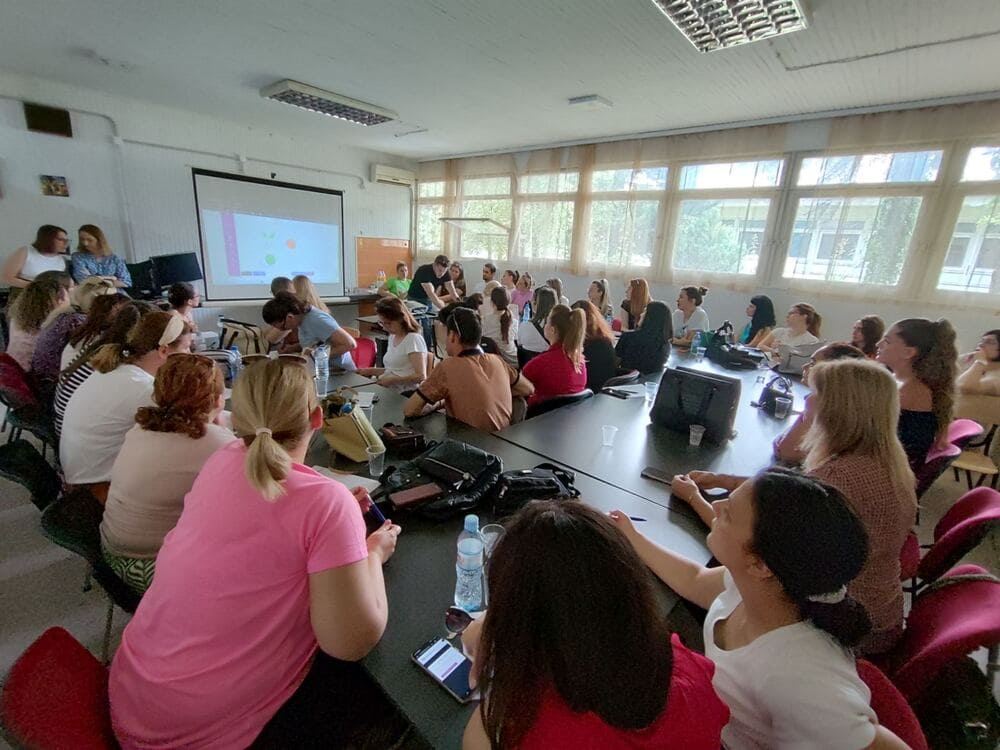
On June 27, two successful dissemination session were held at the Idnina Elementary School with Resource Centre in Skopje (OURC Idnina). These events followed the ISEC-ADE Training of Trainers (ToT) event in Cyprus.
Read more...Highlighting Success: ISEC-ADE Training on Accessible Digital Education for Autism and Intellectual Disabilities in Cyprus
By Ivana Vasilevska Petrovska
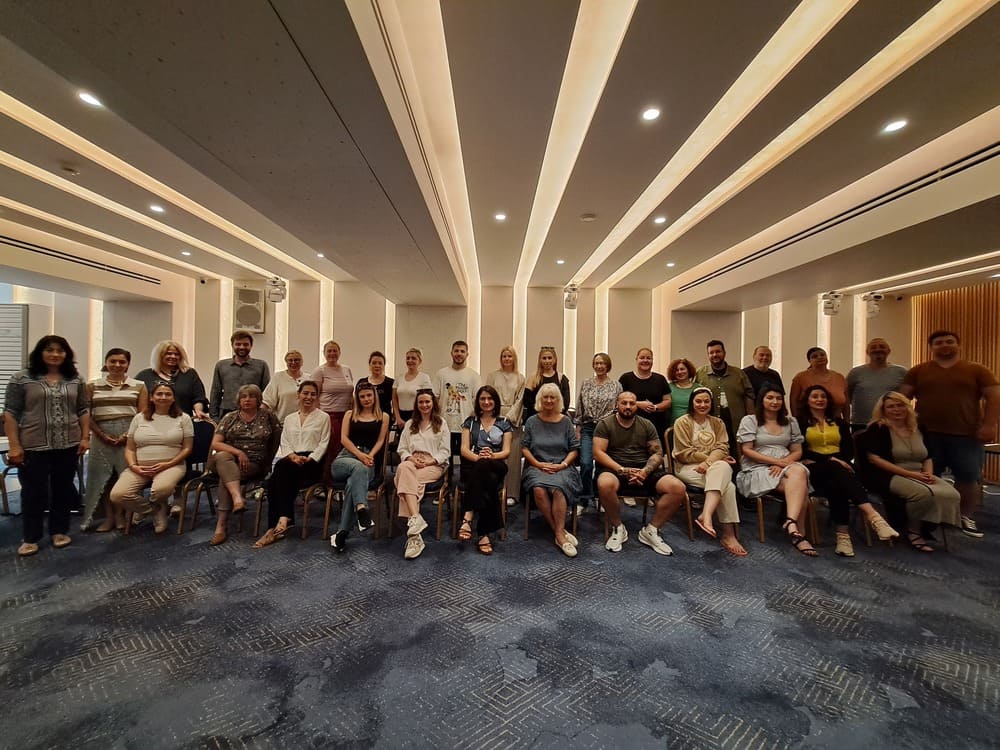
From May 21st to May 24th, 2024, we had the pleasure of hosting an inspiring group of over 30 educators from Cyprus, North Macedonia, Greece, and Bulgaria at our Train the Trainers course in Limassol, Cyprus.
Read more...Successful 5th Transnational Partners’ Meeting in Komotini
By Ivana Vasilevska Petrovska
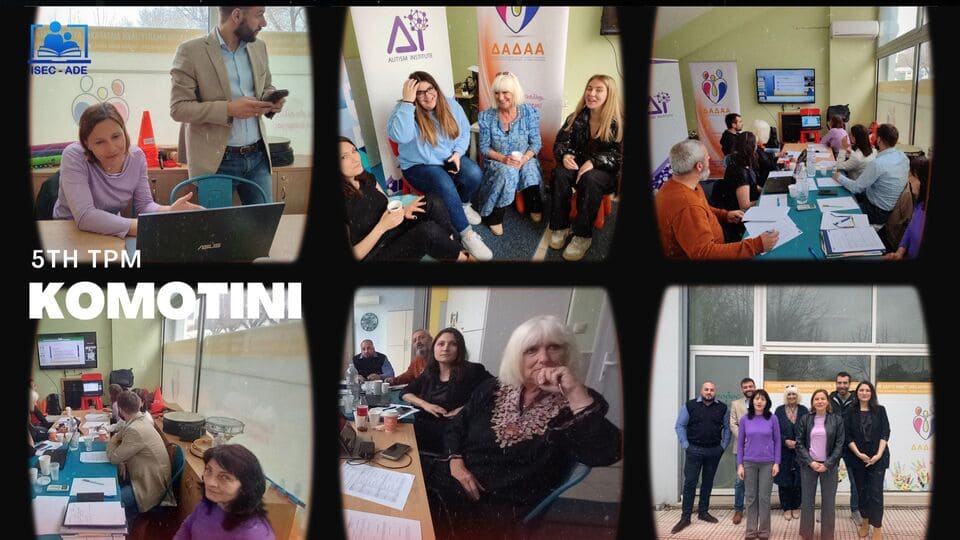
We are pleased to announce the successful completion of the ISEC-ADE project’s 5th transnational partners’ meeting, held in Komotini and hosted by DADAA (Association of parents, legal guardians & friends of children & adults with Autism and Aspergers').
Read more...Celebrating Accessibility and Progress - A Festive Update on the ISEC-ADE Project
By Ivana Vasilevska Petrovska
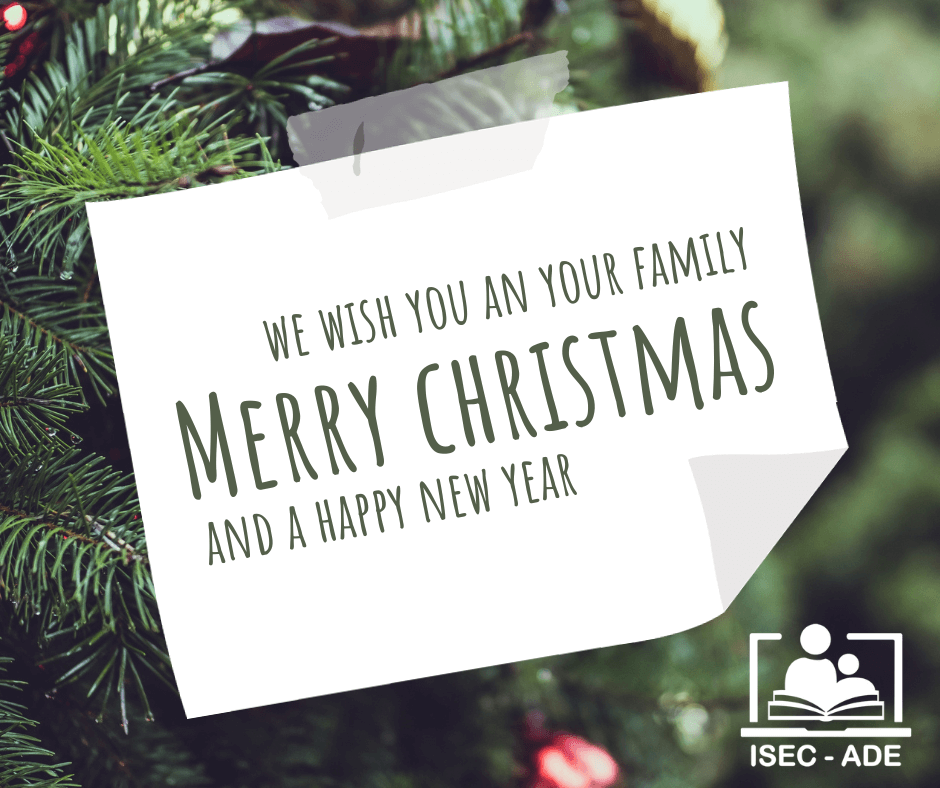
The ISEC-ADE project has been nothing short of transformative, and we are excited to share some festive updates and reflections with our wonderful community.
Read more...TeachSpace Digital App Presented at International Scientific Conference
By Ivana Vasilevska Petrovska

The TeachSpace digital app, developed by the ISEC-ADE partnership, was recently presented at the International Scientific Conference titled 'Years of Special Education and Rehabilitation Studies'.
Read more...Technology-mediated positive behavioral Intervention
By Yiannis Karoumpalos
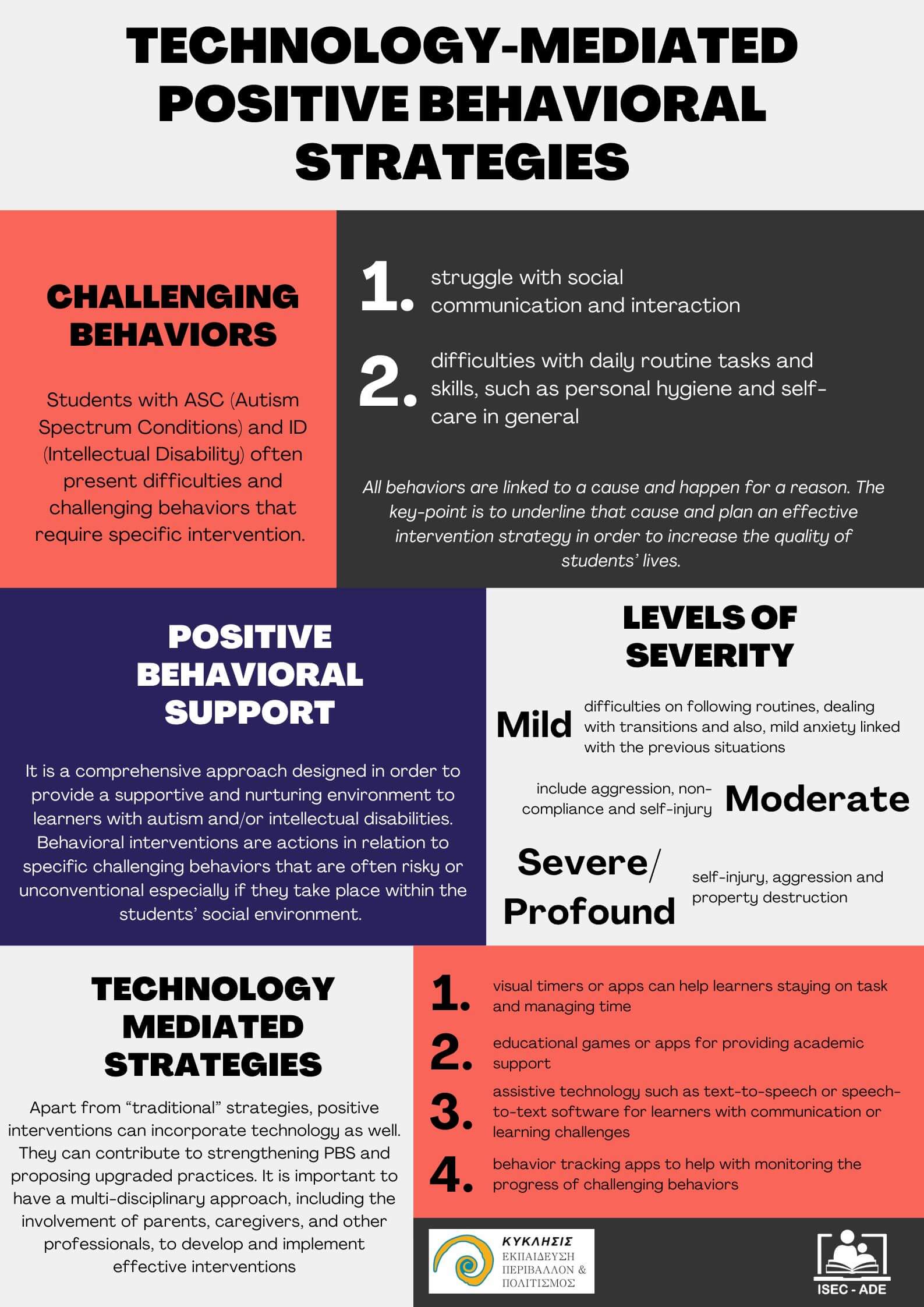
Students with ASC (Autism Spectrum Conditions) and ID (Intellectual Disability) often present difficulties and challenging behaviors that require specific intervention.
Read more...The fourth transnational meeting of the ISEC-ADE project held on the 29th and 30th May 2023
By Ivana Vasilevska Petrovska

The 4th transnational project meeting of the ISEC-ADE project was held with great enthusiasm and dedication, in the diverse and vibrant backdrop of the city of Sofia, bringing together all partners involved in this pioneering initiative
Read more...Bridging the Gap: Uniting Applied Behavior Analysis and UDL for Digital In-Class Education
By Ivana Vasilevska Petrovska
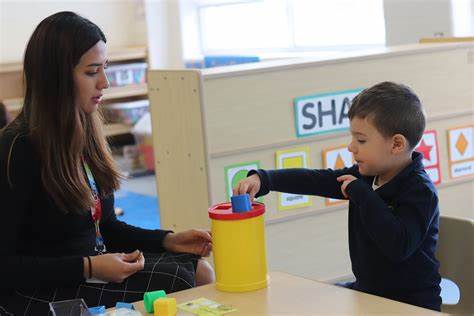
This blog post aims to explore how ABA and UDL, within the framework of the social model of disabilities, can be combined to create inclusive digital learning environments.
Read more...Enhancing Inclusion and Empowerment: Visual Supports and AAC in Digital In-Class Education
By Ivana Vasilevska Petrovska
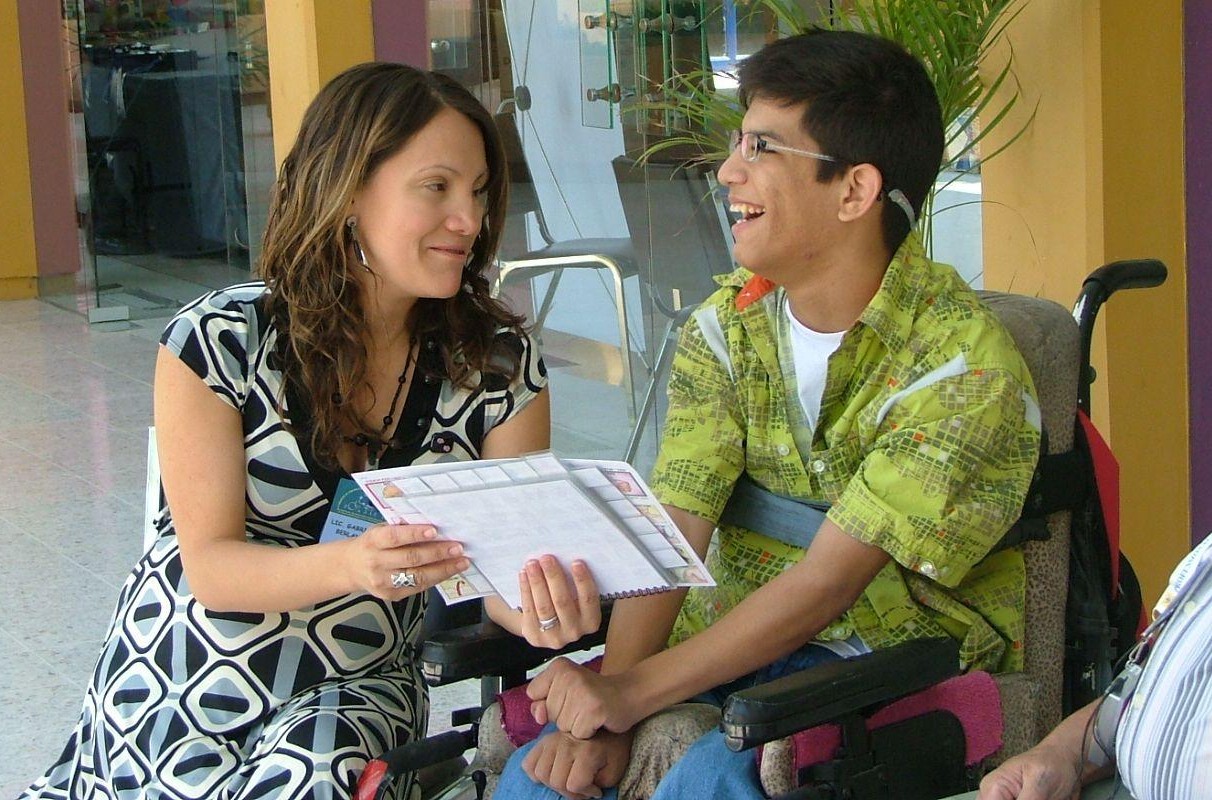
In this article, we will explore the connection between visual support and AAC, highlight their distinct features, and discuss the implications for teaching and learning practice.
Read more...Understanding Nonverbal Learners with Autism and Intellectual Disabilities: Dispelling Myths and Embracing Inclusion
By Ivana Vasilevska Petrovska
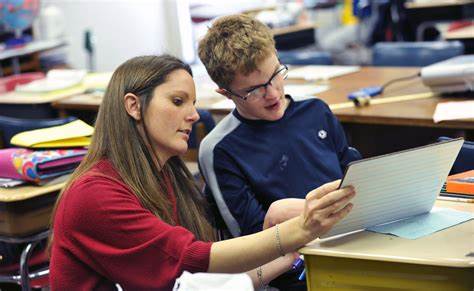
In this article, we will debunk common myths surrounding nonverbal learners and explore the current understanding within the framework of the social model of disability, human rights, and person-centered approaches.
Read more...The power of drag and drop interaction in special education
By Ivana Vasilevska Petrovska
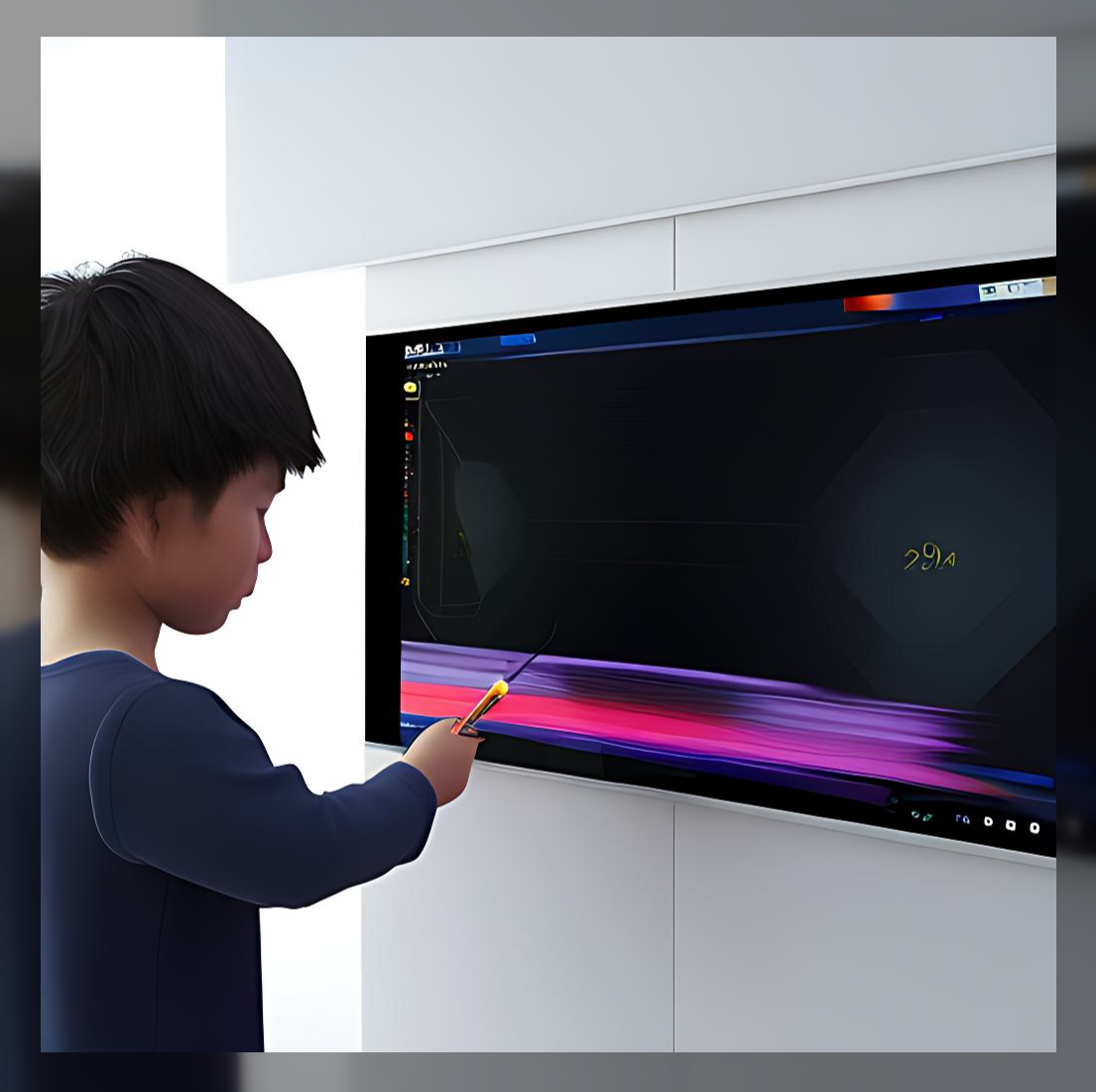
The role of educational technology for students with special needs is expected to become more widespread and it is essential for educators to stay up-to-date with technological advancements and utilize these technologies in their teaching.
Read more...Focus group discussion report - Accessible digital learning
By Ivana Vasilevska Petrovska
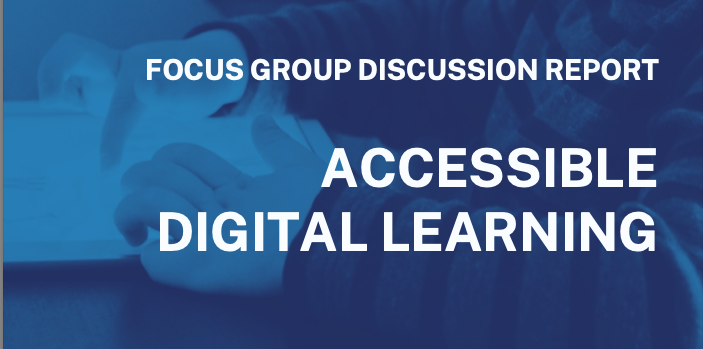
This study presents information elicited from a series of stakeholder Focus Group Discussions (FGDs) to understand existing practices, needs, barriers, and goals for the use of digital education tools and content for learners with ASC and ID.
Read more...ISEC-ADE second transnational meeting on the 12 and 13 September 2022
By Ivana Vasilevska Petrovska
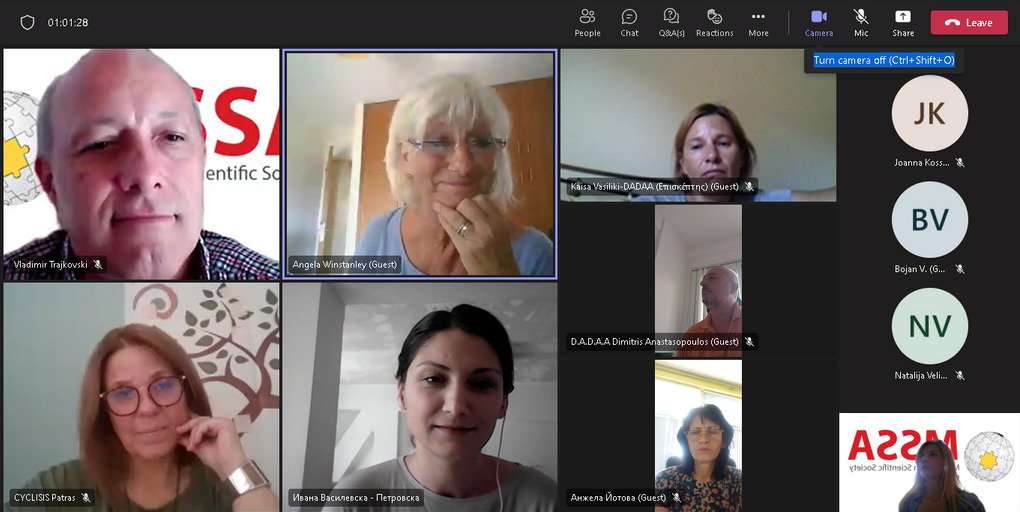
The ISEC-ADE project held its second transnational meeting on the 12 and 13 September 2022, gathering project partners from 4 different countries online to exchange the latest updates about the project and prepare the next results to be delivered
Read more...Digital devices and Platforms to assist learning and experience in students with Autism
By Angela Winstanley

The digital world of today can be ‘a sword with 2 sides’ - however for young people with Autism Spectrum Conditions there can be great benefits.
Read more...